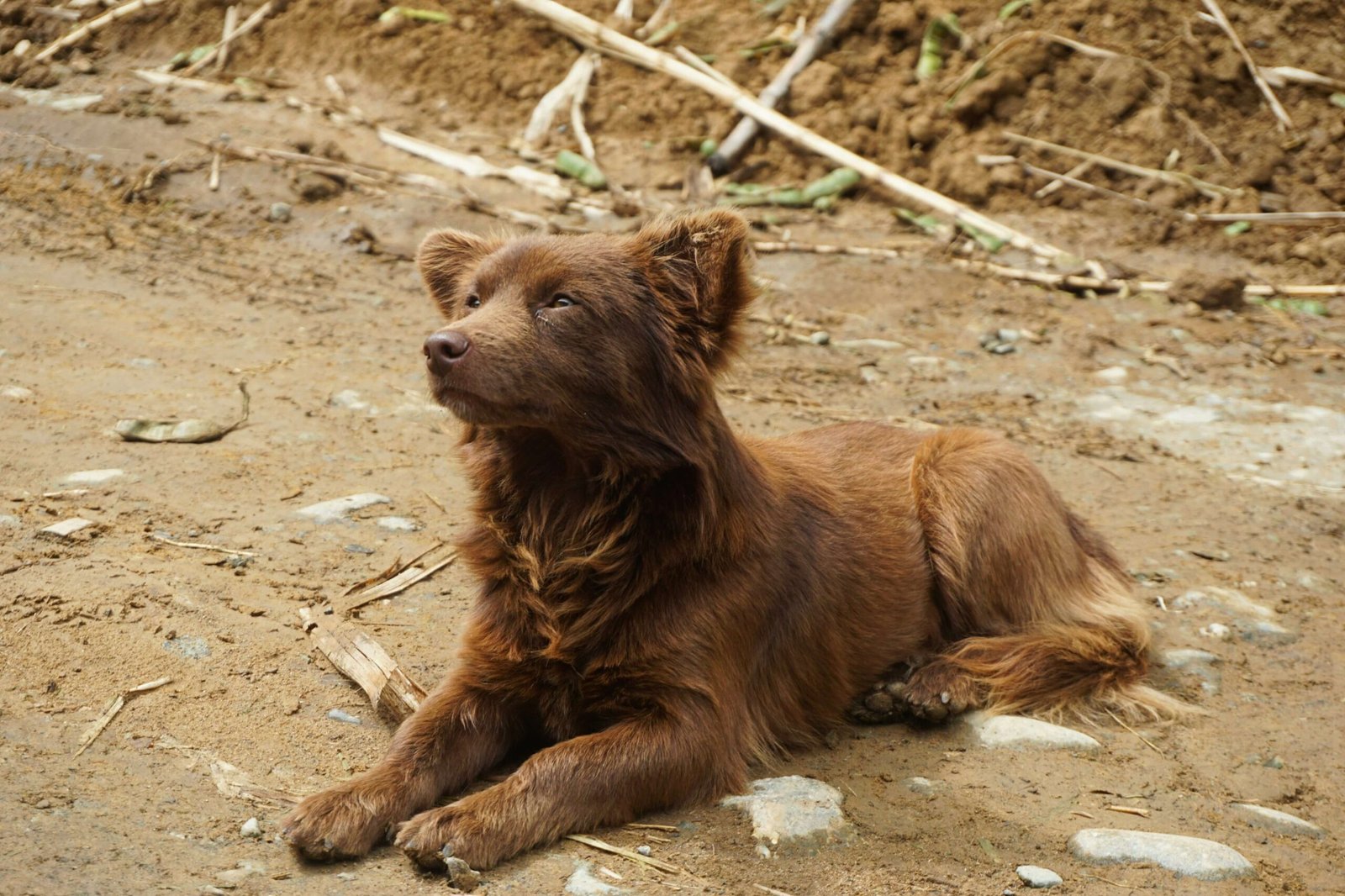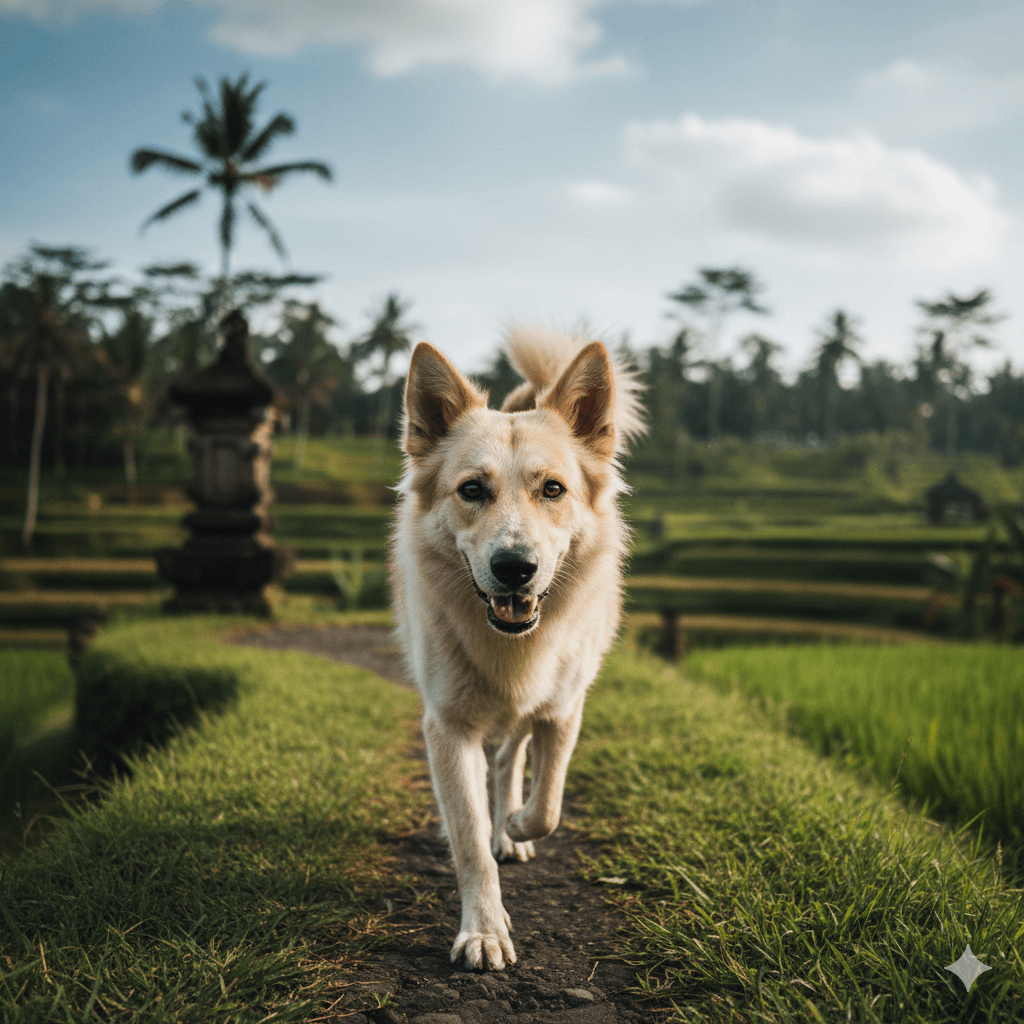Understanding the DAPP Dog Vaccine: A Key to Your Pet’s Health
As a responsible dog owner, ensuring your furry friend stays healthy is likely one of your top priorities. One of the most effective ways to protect your dog from serious illnesses is through vaccinations, and the DAPP vaccine plays a crucial role in this process. The DAPP dog vaccine, which stands for Distemper, Adenovirus (Hepatitis), Parvovirus, and Parainfluenza, is a combination shot designed to safeguard your dog against four highly contagious and potentially life-threatening diseases. In this blog post, we’ll explore everything you need to know about the DAPP vaccine, including its benefits, administration, potential side effects, and why it’s an essential part of your dog’s healthcare routine.
What Does the DAPP Vaccine Protect Against?
The DAPP vaccine is a powerful tool in preventing some of the most dangerous diseases that can affect dogs. Here’s a breakdown of the four illnesses it targets and why they’re so concerning:
Distemper : A highly contagious viral disease that attacks the respiratory, gastrointestinal, and nervous systems. It can be fatal and has no known cure.
Adenovirus (Canine Hepatitis) : This virus affects the liver and can cause symptoms like fever, vomiting, and abdominal pain. Severe cases may lead to liver failure.
Parvovirus : Known for its severe impact on the digestive system, parvo causes vomiting, diarrhea, and dehydration. Puppies are especially vulnerable to this deadly disease.
Parainfluenza : A respiratory virus that contributes to kennel cough, leading to coughing, nasal discharge, and difficulty breathing.
Understanding these diseases highlights the importance of vaccinating your dog with the DAPP vaccine. By doing so, you’re not only protecting your pet but also contributing to the overall health of the canine community.
Benefits of the DAPP Vaccine for Your Dog
Vaccinating your dog with the DAPP shot offers numerous advantages that go beyond just disease prevention. Here are some key benefits every dog owner should consider:
Long-lasting immunity : The DAPP vaccine provides extended protection against multiple diseases with a single shot, reducing the need for frequent vaccinations.
Cost-effective healthcare : Preventing diseases is far more affordable than treating them, saving you money on veterinary bills in the long run.
Peace of mind : Knowing your dog is protected from serious illnesses allows you to enjoy their companionship without constant worry.
Protection for vulnerable dogs : Puppies and senior dogs are at higher risk of contracting these diseases, making vaccination especially critical for them.
Community health benefits : Vaccinated dogs help reduce the spread of contagious diseases, protecting other pets in your neighborhood.
By vaccinating your dog with the DAPP shot, you’re investing in their well-being while contributing to a healthier environment for all animals.
Check this guide 👉Why Is My Dog Shaking After a Vaccine? Best 7 Health Tips!
Check this guide 👉How Much Are Vaccines for Dogs? Best 7 Health Tips!

Disease | Key Symptoms |
|---|---|
Distemper | Fever, coughing, seizures, neurological issues |
Adenovirus (Hepatitis) | Vomiting, abdominal pain, jaundice |
Parvovirus | Diarrhea, vomiting, lethargy, dehydration |
Parainfluenza | Coughing, nasal discharge, difficulty breathing |
Kennel Cough (related to Parainfluenza) | Persistent cough, sneezing, nasal congestion |
When Should Your Dog Receive the DAPP Vaccine?
Timing is crucial when it comes to administering the DAPP vaccine. Ensuring your dog receives it at the right stages of life maximizes its effectiveness. Here’s a guide to help you understand the vaccination schedule:
Puppies : The initial DAPP vaccine is typically given between 6 and 8 weeks of age, followed by booster shots every 3-4 weeks until they’re 16 weeks old.
Adult dogs : If your adult dog hasn’t been vaccinated as a puppy, they’ll need an initial series of two shots spaced 3-4 weeks apart, followed by regular boosters.
Booster shots : Most veterinarians recommend annual or triennial boosters, depending on your dog’s lifestyle and risk factors.
High-risk environments : Dogs frequently exposed to other animals (e.g., boarding facilities or dog parks) may require more frequent vaccinations.
Consult your vet : Every dog is unique, so your veterinarian will tailor the vaccination schedule to suit your pet’s specific needs.
Following the recommended timeline ensures your dog remains protected throughout their life.
Potential Side Effects of the DAPP Vaccine
While the DAPP vaccine is generally safe, like any medical intervention, it can have side effects. Being aware of these potential reactions helps you monitor your dog’s health after vaccination. Here’s what to watch for:
Mild soreness at the injection site : Some dogs may experience temporary discomfort where the shot was administered.
Lethargy or fatigue : It’s common for dogs to feel tired or sluggish for a day or two after vaccination.
Low-grade fever : A slight increase in body temperature is a typical immune response but should resolve quickly.
Loss of appetite : Some dogs may eat less than usual for a short period following the vaccine.
Rare allergic reactions : In very rare cases, dogs may develop swelling, hives, or difficulty breathing. Seek immediate veterinary care if this occurs.
Most side effects are mild and short-lived, but staying vigilant ensures your dog’s safety and well-being.
Common Misconceptions About the DAPP Vaccine
Despite its widespread use, there are several misconceptions about the DAPP vaccine that can lead to confusion among dog owners. Understanding the facts can help you make informed decisions about your pet’s health. Here are some common myths and the truth behind them:
Myth: The DAPP vaccine is only for puppies.
Fact: While puppies are a priority, adult dogs also need regular boosters to maintain immunity throughout their lives.Myth: Vaccinated dogs cannot spread diseases.
Fact: While vaccines significantly reduce the risk, no vaccine offers 100% protection. Good hygiene practices remain important.Myth: The DAPP vaccine causes severe side effects.
Fact: Serious reactions are extremely rare, and most side effects are mild and temporary.Myth: Natural immunity is better than vaccination.
Fact: Relying on natural exposure to build immunity puts your dog at significant risk of contracting life-threatening diseases.Myth: Indoor dogs don’t need the DAPP vaccine.
Fact: Even indoor dogs can be exposed to diseases through contact with other animals or contaminated environments.
By dispelling these misconceptions, you can feel confident in the role the DAPP vaccine plays in keeping your dog healthy and protected.
Tips for Preparing Your Dog for Vaccination
Vaccinating your dog doesn’t have to be stressful. A little preparation can make the process smoother for both you and your pet. Here are some practical tips to ensure a positive experience:
Schedule vaccinations during calm times : Avoid busy periods like holidays when your dog might already feel anxious or overstimulated.
Feed your dog lightly beforehand : A small meal can prevent nausea but avoid overfeeding before the appointment.
Bring comfort items : Take along your dog’s favorite toy or blanket to help them feel more secure during the visit.
Stay calm and reassuring : Dogs pick up on their owner’s emotions, so staying relaxed can help keep them calm too.
Plan a quiet day afterward : Allow your dog time to rest and recover by avoiding strenuous activities post-vaccination.
With these simple steps, you can minimize stress and ensure your dog has a positive vaccination experience.
How to Spot Signs of a Serious Vaccine Reaction
While serious reactions to the DAPP vaccine are rare, it’s essential to know how to identify them in case they occur. Early recognition can make all the difference in ensuring your dog receives prompt treatment. Here are the signs to watch for:
Swelling of the face or throat : This could indicate an allergic reaction requiring immediate veterinary attention.
Difficulty breathing : Labored or rapid breathing may signal a severe reaction affecting the respiratory system.
Persistent vomiting or diarrhea : These symptoms may suggest an adverse response to the vaccine.
Collapse or extreme lethargy : Sudden weakness or inability to stand is a critical warning sign that needs urgent care.
Seizures or tremors : Uncontrolled shaking or convulsions are serious indicators of a potential neurological issue.
If you notice any of these symptoms after your dog receives the DAPP vaccine, contact your veterinarian immediately. Quick action can prevent complications and ensure your dog’s safety.
FAQ
Is the DAPP vaccine mandatory?
While not legally required everywhere, it’s highly recommended by veterinarians and often required for boarding, grooming, or training facilities.
Can my dog still get sick after vaccination?
While the vaccine significantly reduces the risk, no vaccine offers 100% protection. Maintaining good hygiene and avoiding high-risk areas also helps.
How much does the DAPP vaccine cost?
Costs vary by location and clinic but typically range from 20 to 50usd per shot.
What if I miss a booster shot?
Contact your vet to discuss the best course of action. They may recommend restarting the series or adjusting the schedule.
Are there alternatives to the DAPP vaccine?
No direct alternatives exist, but separate vaccines for each disease can be administered if necessary.
Prioritize Your Dog’s Health with the DAPP Vaccine
The DAPP vaccine is a cornerstone of preventive care for dogs, offering protection against some of the most dangerous diseases they may encounter. By understanding its benefits, risks, and proper administration, you’re taking a proactive step toward ensuring your dog lives a long, healthy, and happy life. Remember, regular check-ups with your veterinarian and adherence to vaccination schedules are key to maintaining your pet’s well-being. With the DAPP vaccine as part of your dog’s healthcare plan, you’re not just protecting them—you’re giving them the gift of a brighter, healthier future.
Keeping Your Dog Safe This Summer: Best 7 Expert Tips! – Learn how to protect your pup from heatstroke, dehydration, and more this summer. Stay safe!
When Was Cat Food Invented? Best 7 Expert Tips! – Discover the history, key milestones, and evolution of cat food from scraps to scientifically balanced diets.
When Was Dog Food Invented? Best 7 Expert Tips! – Discover the origins, evolution, and milestones of dog food, and how it transformed pet nutrition over time.
Kintamani Dutch Shepherd Mix: Best 7 Expert Tips! – Discover the perfect blend of loyalty, agility, and charm with this unique hybrid. Learn expert care tips now!





